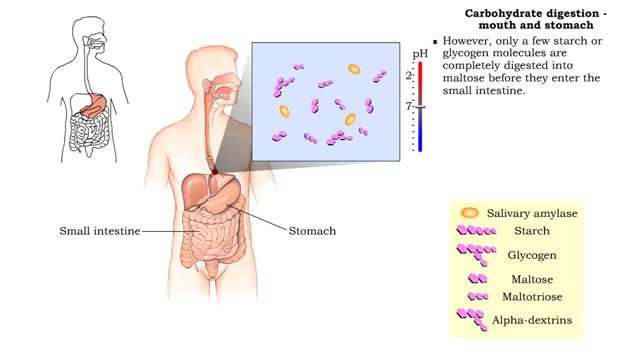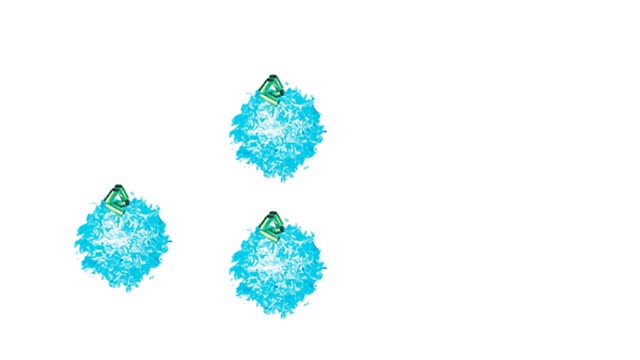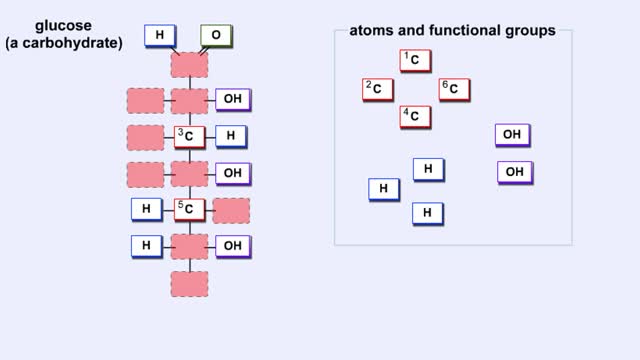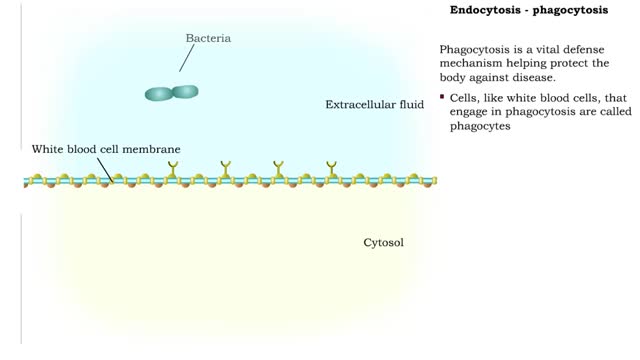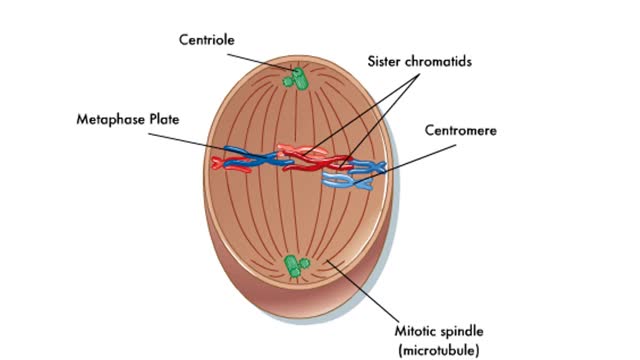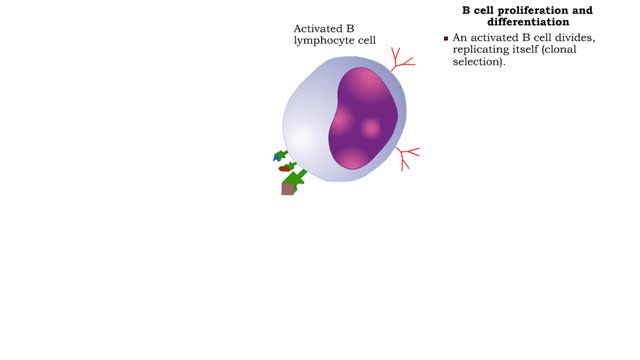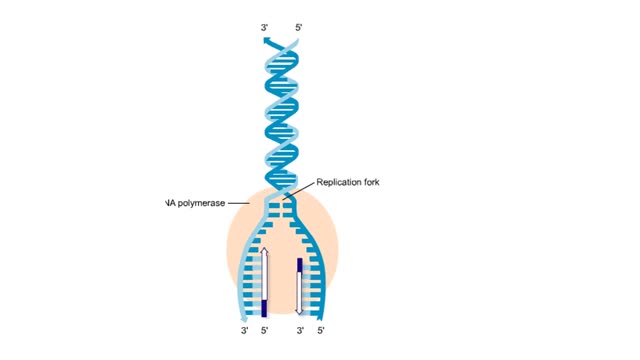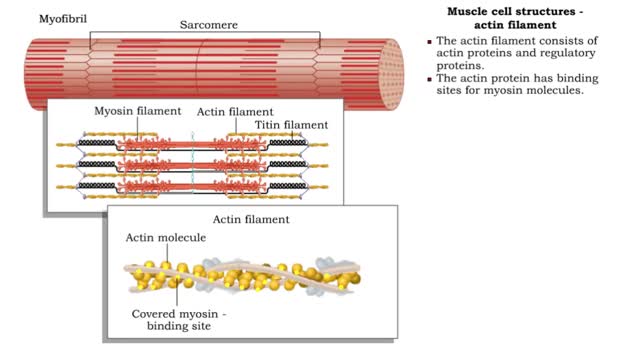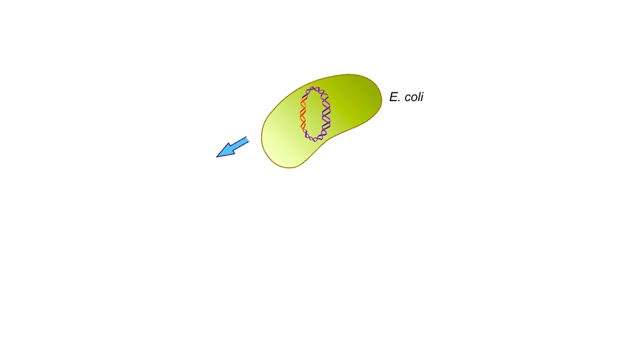Search Results
Results for: 'plant cell'
Carbohydrate digestion - mouth and stomach & pancreas and small intestine
By: HWC, Views: 11594
• Digestion of complex carbohydrates (starches and glycogen) involves: • Amylases produced by the salivary glands and pancreas. • Brush-border enzymes in small intestine. • In the mouth, amylase from the parotid and submandibular salivary glands begins carbohydrate digestion. �...
Cell mediated immune response to a viral infection Animation
By: HWC, Views: 7632
Intracellular pathogens are the targets of cell-mediated immune response. The process begins when a virus infects a macrophage. Another macrophage engulfs the same virus or an antigen from it. In both cells, enzymes cleave the viral antigens into small bits. The fragments move to the cell sur...
What Are Carbohydrates? Importance of Carbs & High Carb Food
By: HWC, Views: 11866
We hear a lot about carbohydrates in the news. Everybody seems to be on a low-carb diet. The news media often has stories on this diet fad, and companies are busy producing products with reduced carbohydrates. What's this fascination with carbohydrates? In a word: "Diet." The fact is that carb...
Endocytosis -Types and Phagocytosis
By: HWC, Views: 11805
Endocytosis is the process by which a substance is brought inside a cell without having to pass through the cell membrane. It is the opposite of endocytosis, the process by which substances exit the cell without having to pass through the cell membrane. Exocytosis – membrane-enclosed secret...
By: HWC, Views: 9781
Prophase is the first step in the mitotic process. During prophase, the chromosomes condense. The centrosomes begin to form a spindle and move into position on opposite sides of the cell. Sister chromatids are held together by a protein called cohesin at the centromere. Prometaphase is the sec...
By: HWC, Views: 12563
What Are Antibodies? Antibodies, also known as immunoglobulins, are Y-shaped proteins that are produced by the immune system to help stop intruders from harming the body. When an intruder enters the body, the immune system springs into action. These invaders, which are called antigens, can be vi...
By: HWC, Views: 8634
DNA replication is the process by which a double-stranded DNA molecule is copied to produce two identical DNA molecules. Replication is an essential process because, whenever a cell divides, the two new daughter cells must contain the same genetic information, or DNA, as the parent cell.
Muscle cell structures - actin, myosin and titin filaments
By: HWC, Views: 11985
Once the muscle cell has been excited it will contract. • A muscle action potential will trigger the release Of Ca2+ ions into the sarcoplasm. • The Ca2+ ions bind to the regulatory proteins and trigger contraction. • Within skeletal muscle cells are structures that provide the ability...
Origin of organelles Animation
By: HWC, Views: 5408
Possible origins of the nucleus and other organelles. Some prokaryotic cells have infoldings of their plasma membrane. These infoldings may have served as channels from the cytoplasm to the cell surface. These membranous folds may have evolved into the endoplasmic reticulum and the nuclear e...
Advertisement



